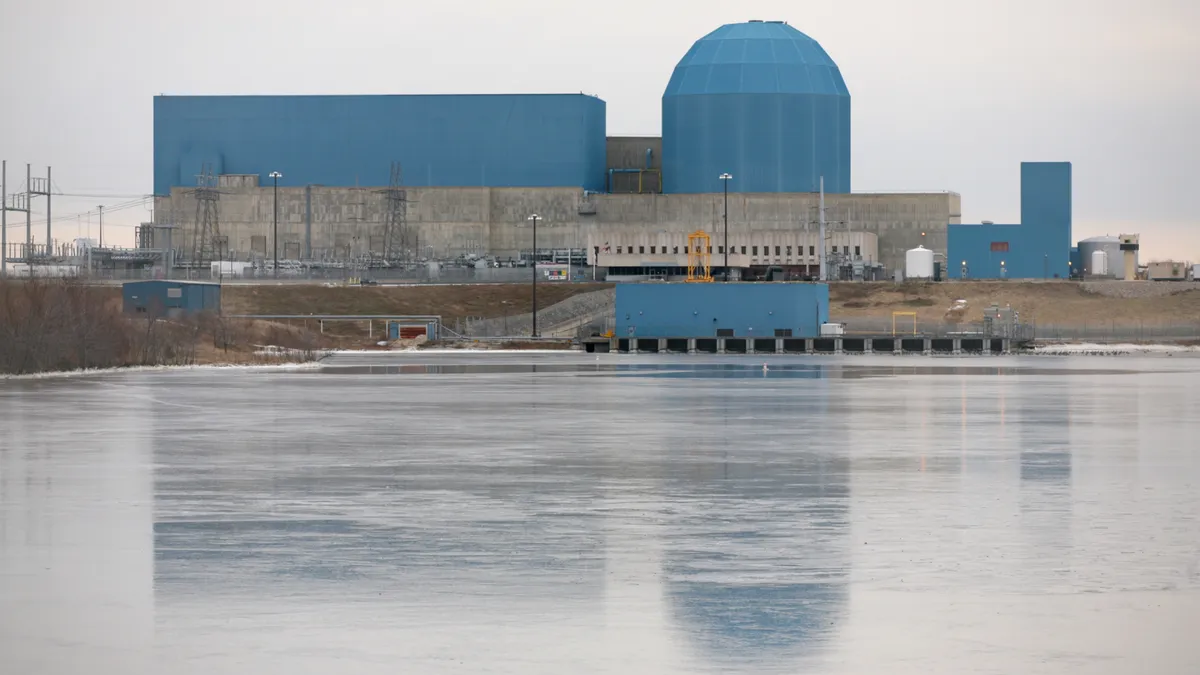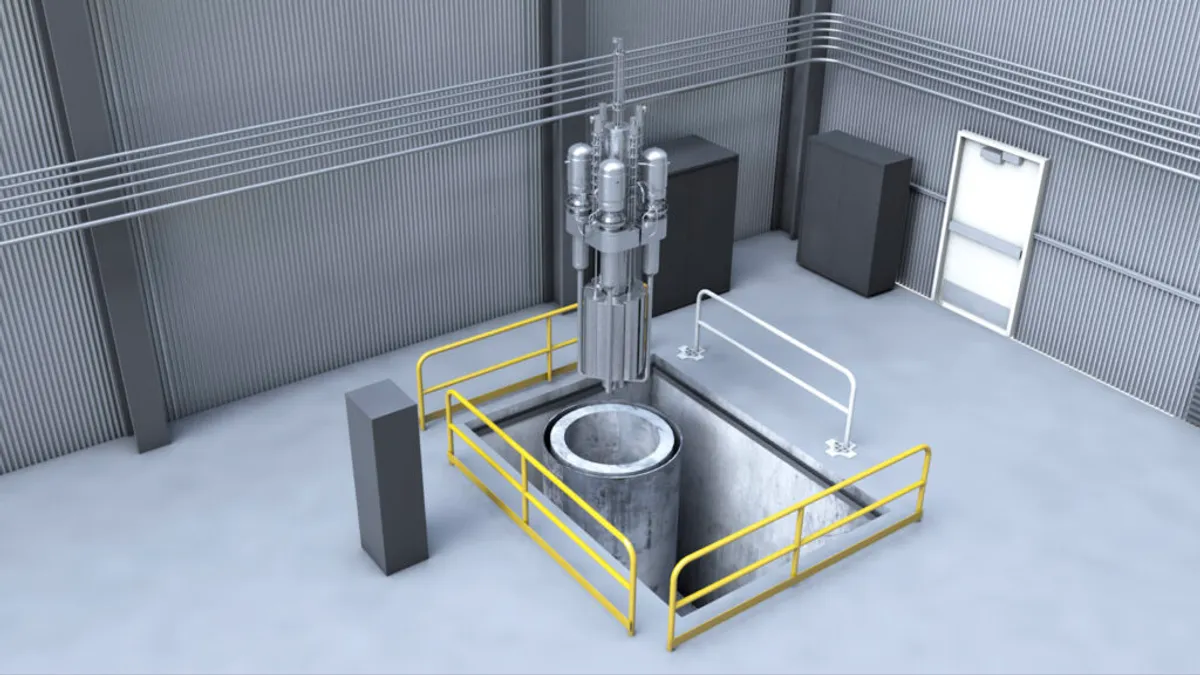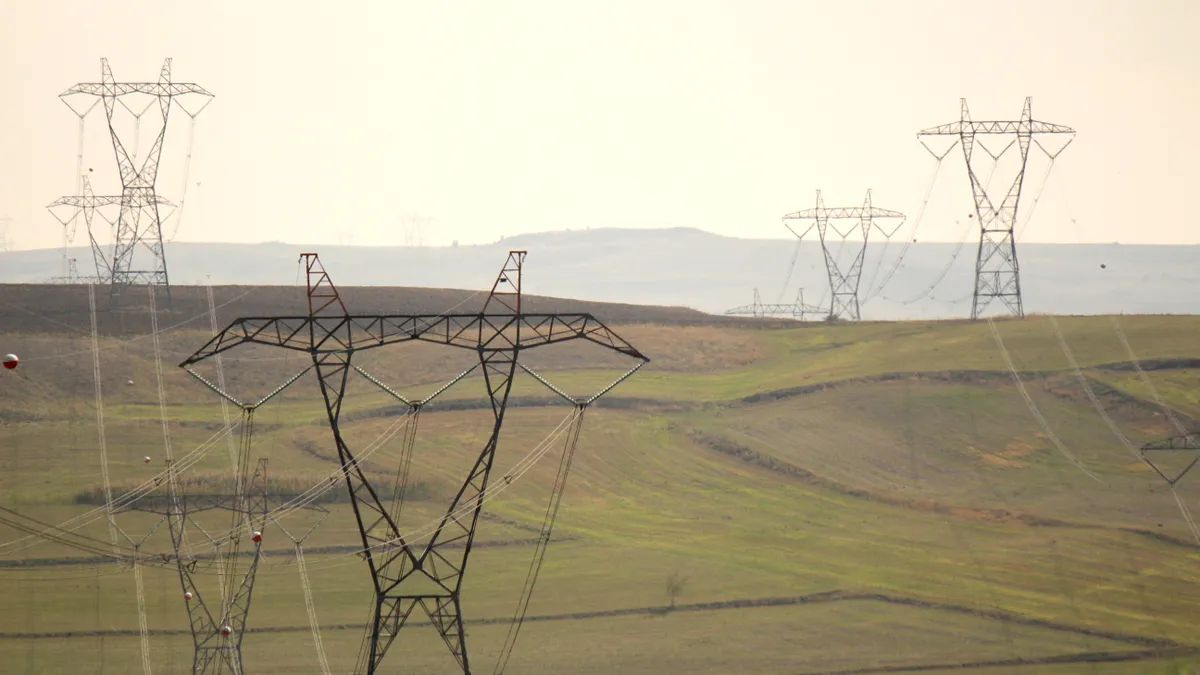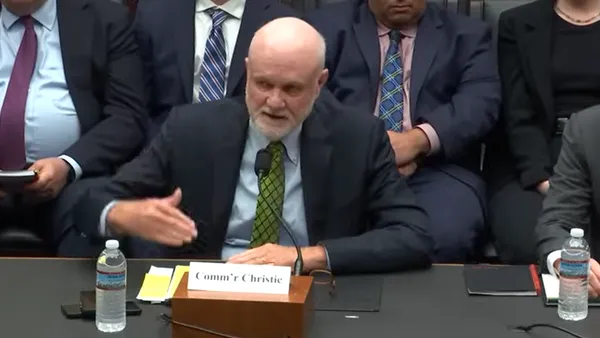Dive Brief:
- Exelon filed a reply brief in U.S. District Court for the Northern District of Illinois on Wednesday, arguing the Illinois Zero Emission Credit program supporting their nuclear plants is legal and the case against it should be dismissed.
- Exelon argues that the states have legal authority to determine their fuel mixes, and that FERC has supported similar renewable energy credit (REC) programs in the past. The Hughes v. Talen Supreme Court decision expressly leaves room for such programs, they argue.
- The case, brought by independent generators against the program, mirrors a similar case in New York, where utility regulators passed a ZEC program in August 2016. The generators have also appealed to FERC to block the state subsidies.
Dive Insight:
In a strongly worded reply brief, Exelon argues that generators challenging the ZECs lack legal standing and that their "meritless" legal challenge "is not properly before the Court."
Generators say that the ZEC programs in New York and Illinois amount to state governments determining the outcomes of wholesale power markets, which are the sole jurisdiction of the Federal Energy Regulatory Commission.
The 2016 Supreme Court case Hughes v. Talen Energy, which struck down a Maryland program to support gas generation, specifically prohibits such state intrusions on wholesale power auctions.
But in their reply brief, Exelon lawyers argue the case means precisely the opposite — that Justice Ginsberg's narrow ruling was meant to allow for state support programs like RECs and ZECs.
"Hughes’s rule was intentionally narrow: a payment sets wholesale rates only if the state conditions payment on a wholesale sale," they wrote. "Plaintiffs seek to expand Hughes, but the Court should not do what Hughes carefully avoided."
The brief seeks to turn the generators' preemption argument on its head, arguing that their claim would "preempt not only the states, but also FERC’s ability to decide how best to marry its wholesale markets with state policies."
That effort to integrate state policy goals into power markets was the subject of a high-profile technical conference at FERC last week. There, generators NRG, Calpine and Invenergy sparred with Exelon over the ZEC programs, saying the influx of subsidized generation would force their plants offline, threatening reliability.
The ZECs, said Invenergy CEO Michael Polsky, are “completely subsidized power in kWh."
"[States are] basically saying to Exelon: ‘You sell the electricity for whatever price. Even if you lose money, we’ll pay the difference,'" Polsky said. “Talk about China dumping ... what more dumping can we talk about than this?”
Despite the disagreement over nuclear subsidies, Exelon and the independent generators came to some agreement on the need to price carbon in wholesale markets as an alternative to policies like the ZECs.
But getting to that point will likely require years of policy work, and in the meantime, more court battles are likely. In addition to New York and Illinois, policymakers in Connecticut, Pennsylvania, New Jersey and Ohio are considering nuclear subsidies.
















